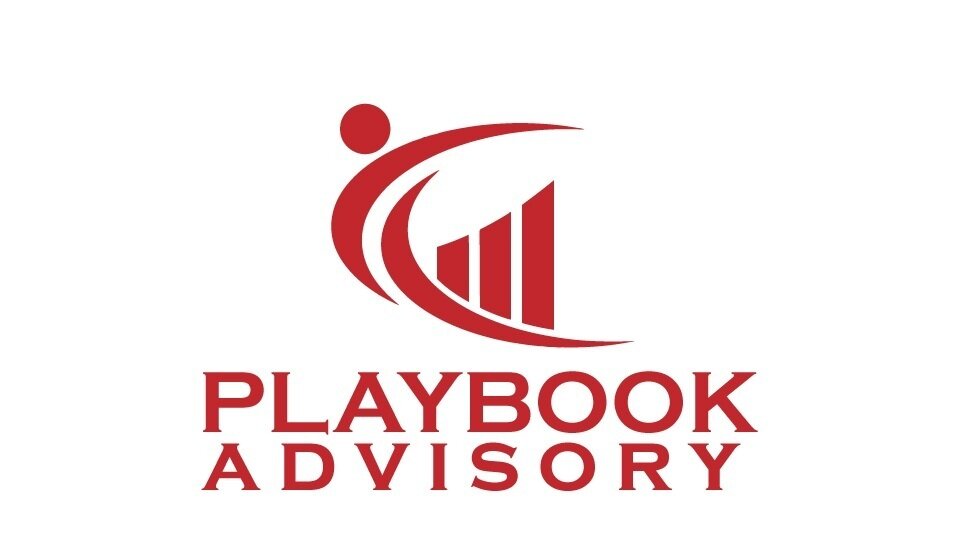Ten Questions a Buyer Should ask Themselves Before Buying a Business!
The M&A market has continued to be very strong and active in early 2020 despite the headwinds from continued fighting between the two political parties, Donald Trump tariffs with China and the poor business climate in the State of Illinois. At our firm we typically see 50-60 buyers for every listing we bring to market so their is a tremendous amount of demand for profitable and stable businesses. With the increasing number of baby boomers now retiring each month, there is a strong demand for qualified Buyers. By qualified, we don’t just mean those who are financially capable of buying a business. In this post we address some key points buyers should consider when buying a business.
1. Are you 100% convinced you are an entrepreneur? Can you handle the financial commitment you will need to make as well as handle the risk of putting at risk your savings and credit rating that have been built over the years?
As compared to the average person, entrepreneurs often have higher levels of risk tolerance. As the saying goes, there are rarely "free lunches" in the capitalist marketplace. To reap the rewards of a successful business venture, aspiring owners will most likely need to assume risks-perhaps sizeable ones. If you are the type of person that lies in bed all night worrying about the performance of your investments, risking a significant sum of your hard-earned personal capital in order to purchase your own business might not be your calling. A business buyer must assess their level of competency.
2. Who is funding your business purchase? Do you have the capital for the purchase as well as the working capital?
Aspiring owners need to consider not only the initial capital necessary to fund the purchase, but also the potential future capital requirements the business will require either to grow or to continue to exist as an ongoing concern. Invariably, most industries fall on hard times at some point. When and if these times come, owners may be forced to fund their operations differently. Capital markets may tighten, forcing owners to provide direct capital infusions or requiring owners to forgo salaries and benefits for an extended period of time. This question should be fully considered by the business buyer prior to incurring the expensive transaction costs related to a potential business purchase.
3. Are you comfortable with the impact to your personal life as a result of owning your own business?
Business owners typically work very long hours for the benefit of their business and their livelihood. This hard work may come at the expense of family or social commitments. If aspiring owners are not willing to make these sacrifices and are still committed to buying a business, they will likely need to pay someone else for their sacrifices. This compensation typically is in the form of additional cash or a slice of equity ownership, which will dilute the expected investment return of the business owner.
4. Do you really possess an in-depth understanding of the industry?
Aspiring owners need to have a firm grasp of the competitive dynamics of the industry where the business they are considering purchasing resides. For example, do they know the competitors, the industry trends, how the business is positioned against these trends, the competitive advantages of the business, how defensible these competitive advantages are and whether the industry is at risk of becoming commoditized? Answers to these and other industry dynamic questions prior to making an offer for the business will go a long way in helping to avoid overpaying for the business, while at the same time presenting a reasonable and compelling offer to the seller.
5. Are you qualified to lead and manage the business, or will you need to employ professional management and a board of advisors?
Owners of businesses, particularly small businesses, oftentimes wear more than one functional hat (i.e., operations, human resources, strategy, finance). If an aspiring owner's experiences have been narrow in scope, he or she may need to hire an experienced CEO to effectively run the organization. In either case, no matter how talented aspiring owners are, they will need to surround themselves with strong individuals in order for their business to be successful over time. Having an existing management team in place that knows the business will help the business buyer and ensure a smoother transition upon the change in control.
6. Have you considered the opportunity cost of the potential investment?
Presumably, one of the reasons an aspiring business buyer is interested in purchasing their own business is to make money. Oftentimes this will require a significant up-front payment on their part. Aspiring owners not only need to consider the expected return on the proposed investment, but also how this compares to other investment opportunities available in the marketplace. These other investment opportunities (which could include controlling positions in other businesses, stocks, bonds, commodities, real estate, private equity and venture capital) may offer higher expected returns for a similar or lower level of risk.
7. Are you experienced in navigating through the complex M&A process?
There are many steps in the M&A process. These can include: identifying the industry and business, valuing the enterprise, performing due diligence (financial, operational, legal, etc.) and negotiating the purchase price and definitive legal agreements. If you are not experienced in each of these areas, aspiring owners will need to surround themselves with experienced M&A advisors that can guide them through the M&A process. The benefits (i.e., reduced purchase price, legal protections) of surrounding yourself with seasoned experts should far outweigh the costs for their advice.
8. Have you considered what you will do in the event that the business fails?
While aspiring owners may believe this will never happen to their business, factors beyond their control may force them to eventually liquidate the business (i.e., severe economic recession, loss of key customers to competitor). If aspiring owners are beyond middle age, it might be difficult to reenter the corporate world, let alone at the compensation level commensurate with their years of experience.
9. Ask the current owner why they are interested in selling their business?
Understanding the seller's motivations will not only help in negotiations (i.e., buyer will have more leverage if the current owner is desperate for liquidity), but can also raise red flags for a potential buyer. For instance, if the current owner intends to purchase another company with the proceeds from the sale, this may signal that they believe that the business has peaked.
10. A business buyer should consider the timing and avenue of their future exit strategy
To the aspiring owner, this may not seem like a critical item to consider at the onset of the process, but it is one of the most important. Unforeseen circumstances may require owners that intended to hold onto their business for decades to sell it prematurely. The majority of an owner's expected financial return may very well come from monetizing their investment. Aspiring owners need to consider the likely buyer of the business in the future (competitor or financial buyer), as well as whether there are any other parties interested in purchasing the business today, or if the aspiring owner's bid is the only "bid in town."
Owning a business is a challenging task. While this list of questions is not comprehensive, your answers can help dictate whether you are ready to purchase and operate a business. Not being fully prepared prior to entering into an agreement could be the difference between a successful transaction and the failure of a business venture.
Jim Peddle, Author & Business Broker,
All Rights Reserved
Other Posts for Reading:
Letter of Intent Best Practices


